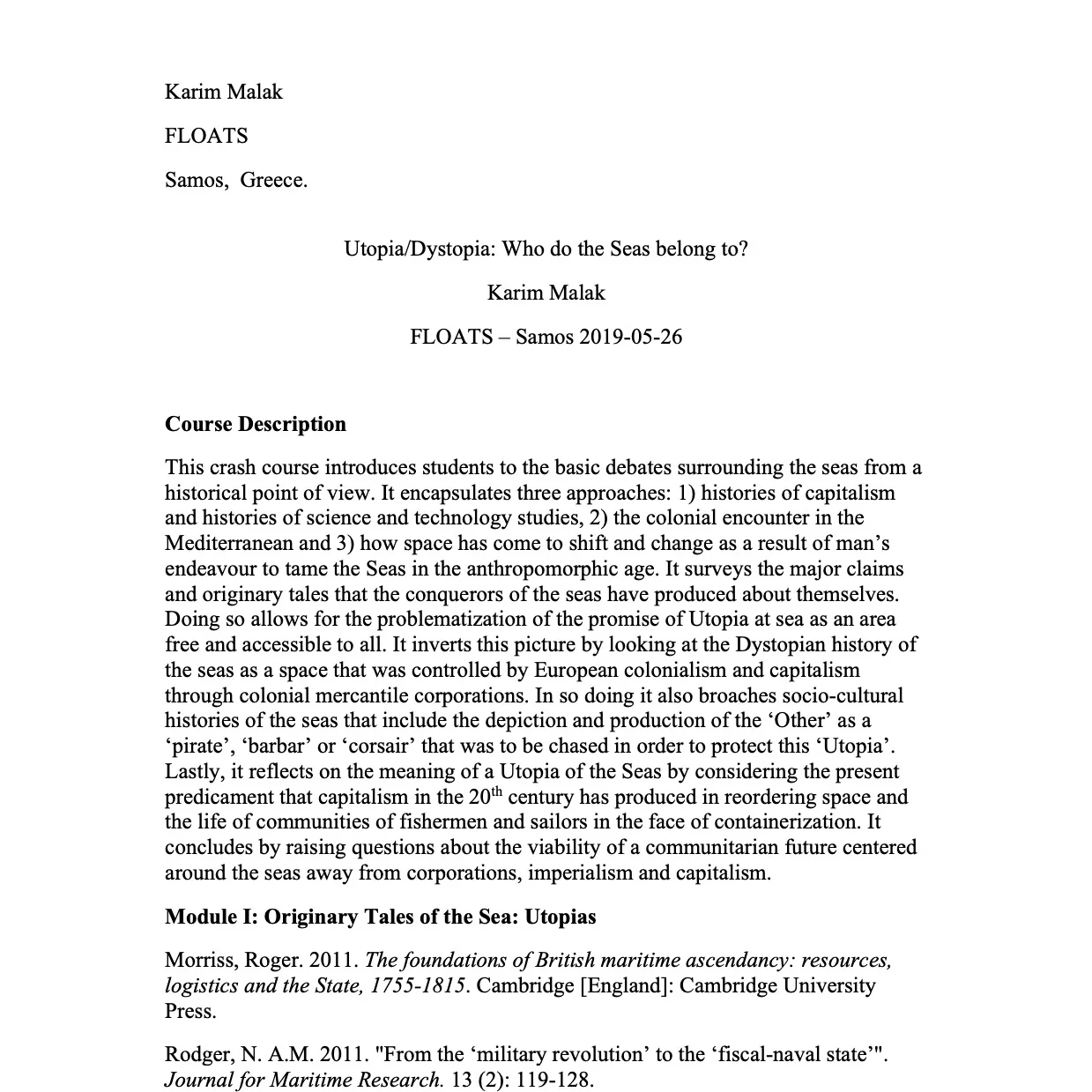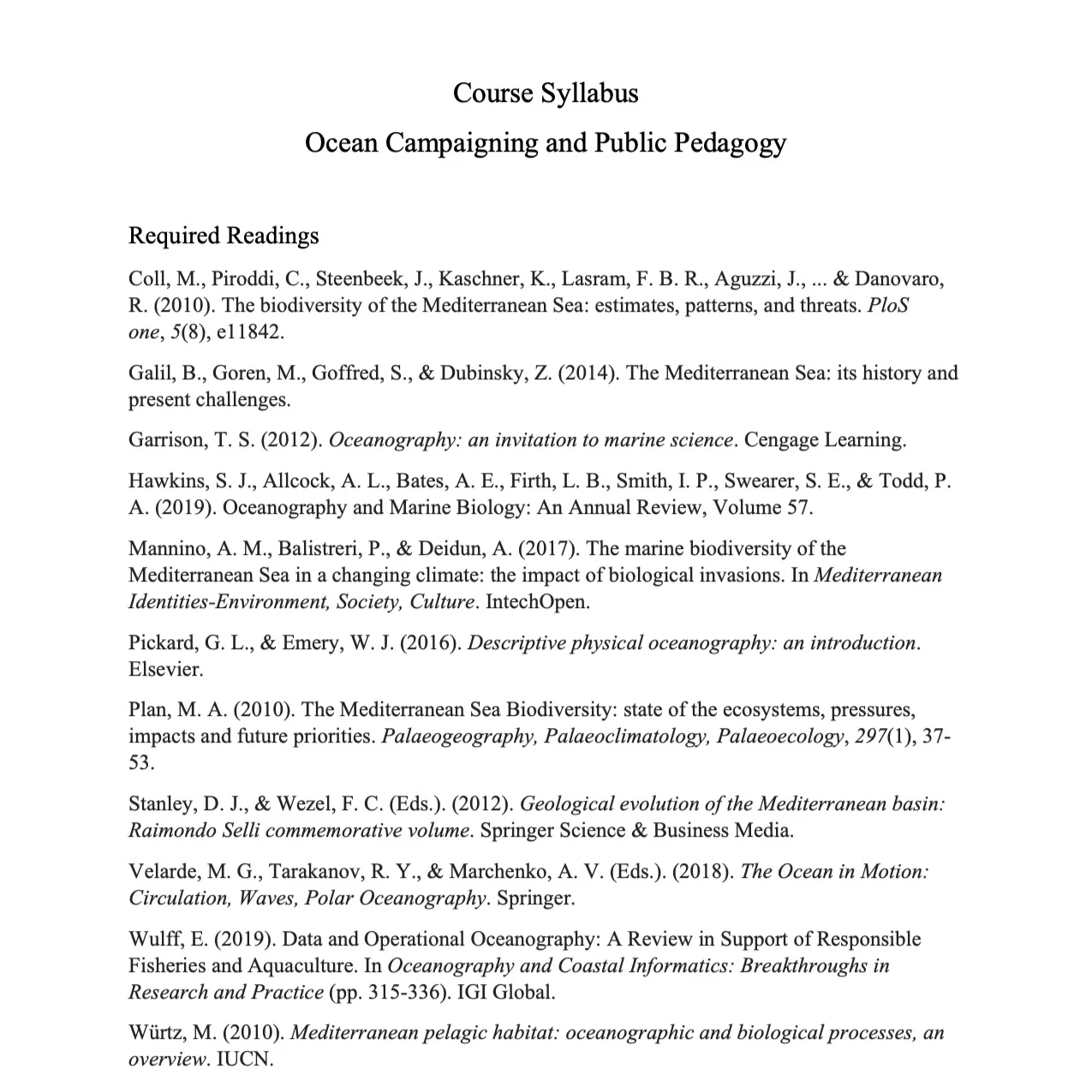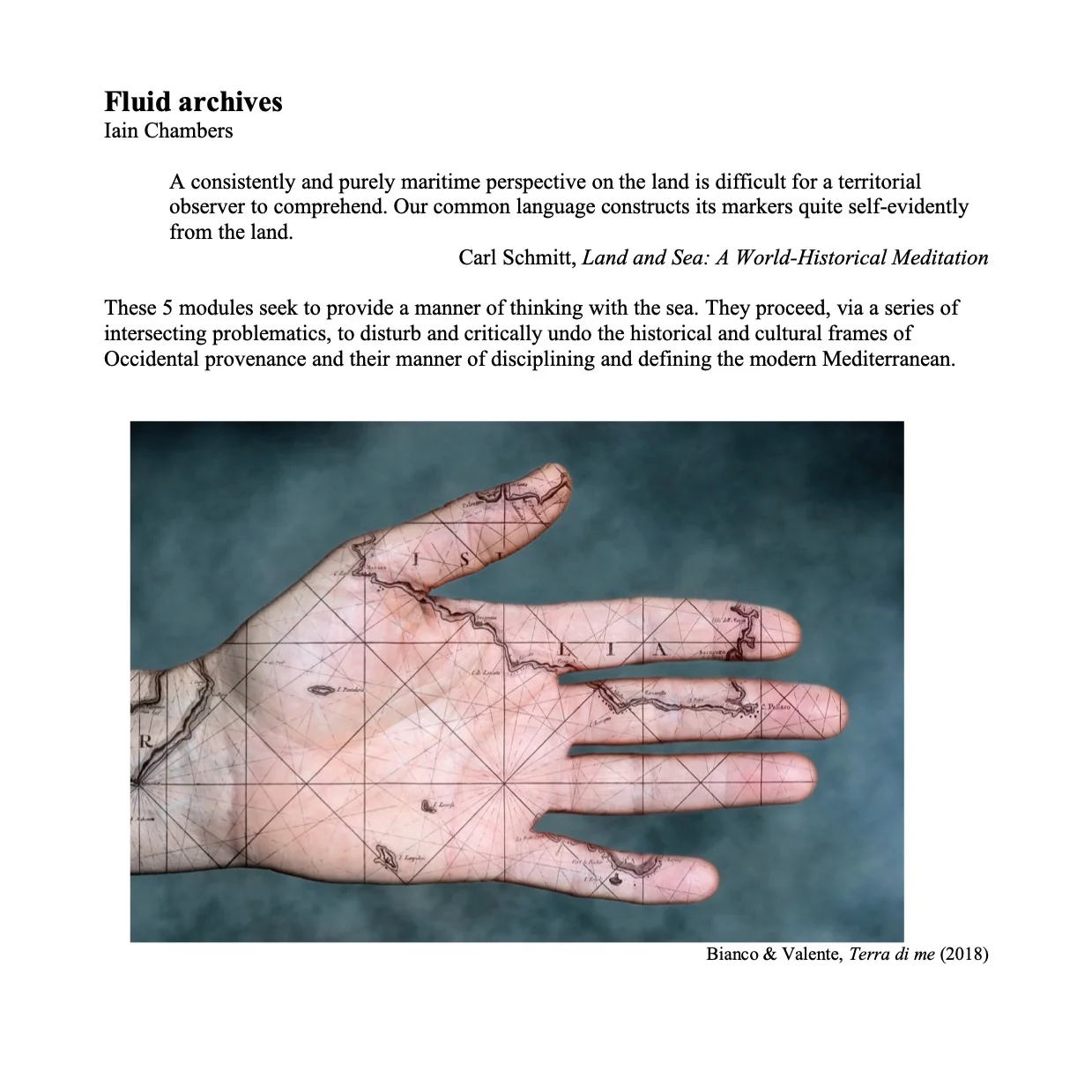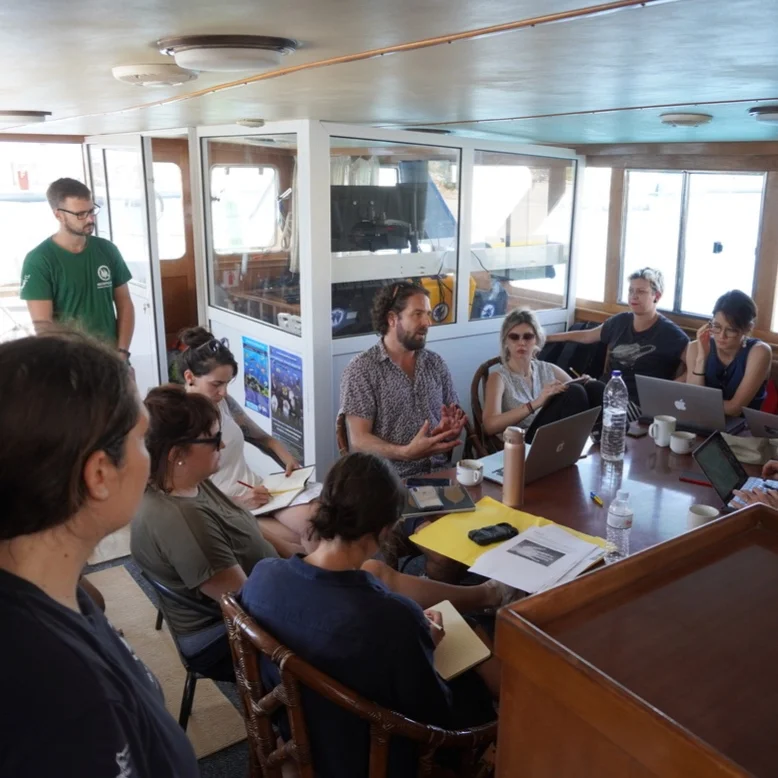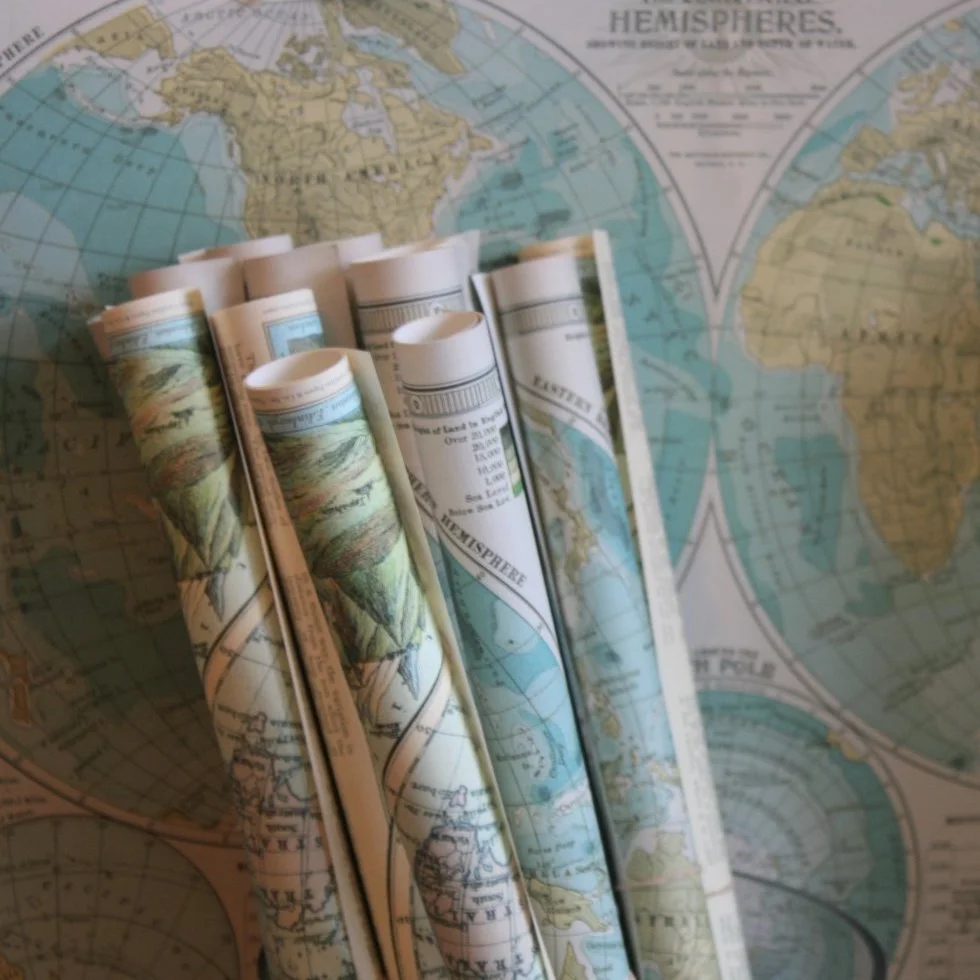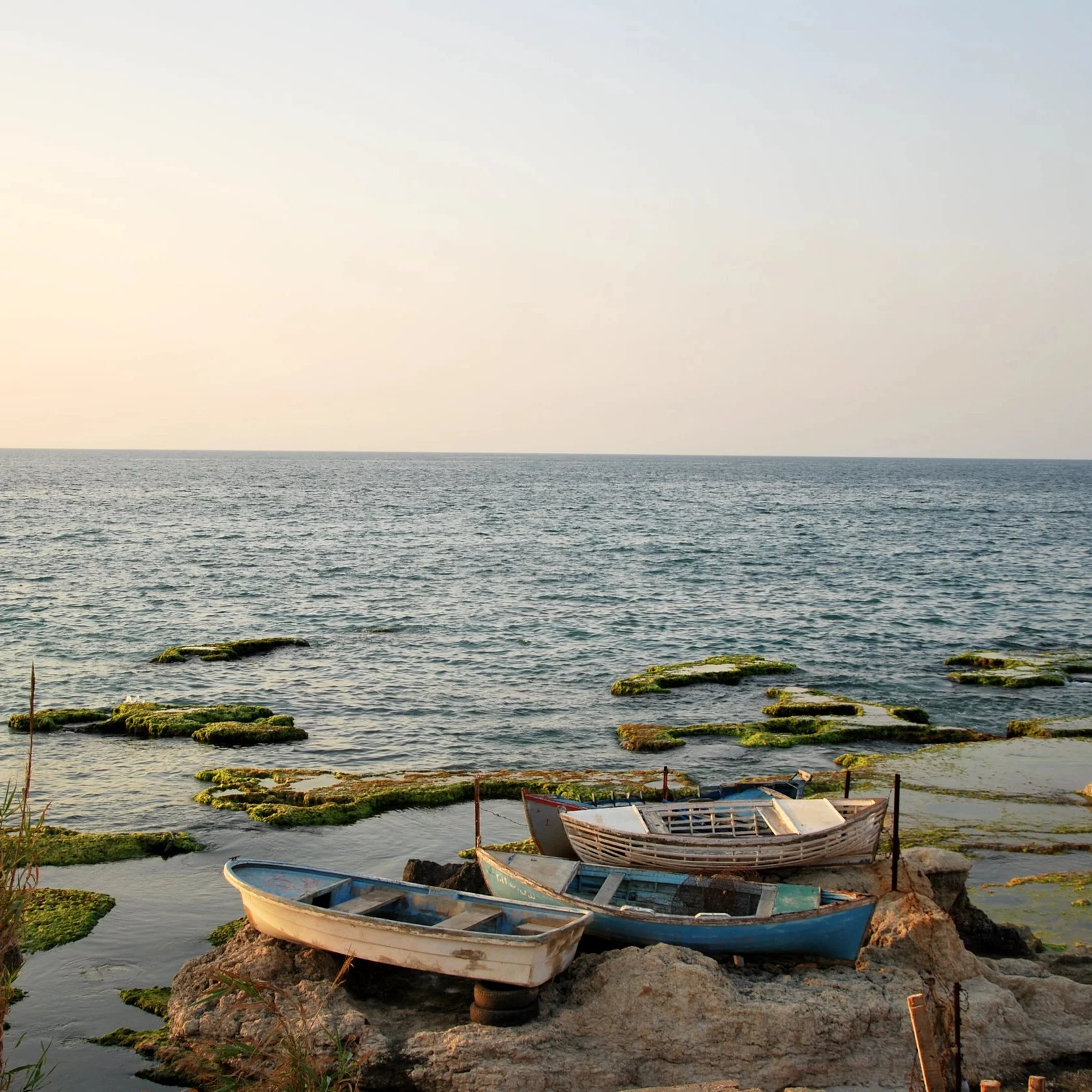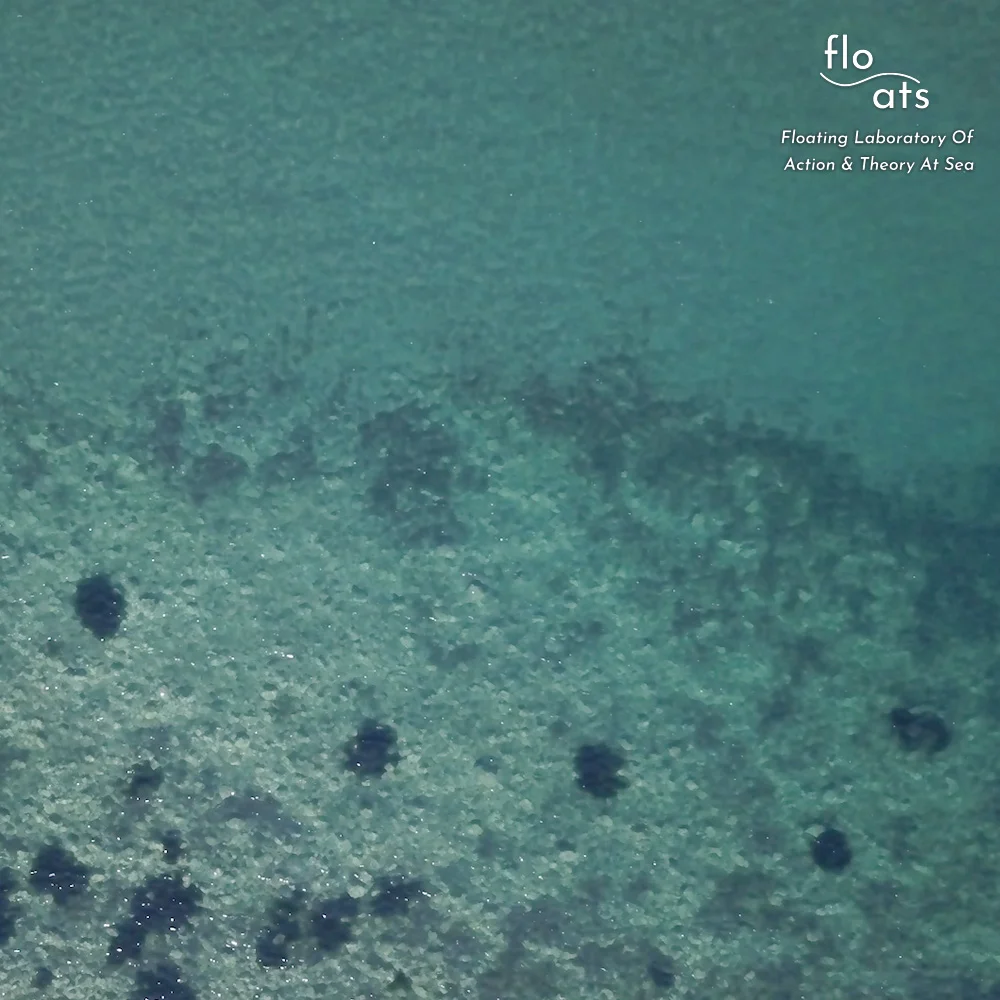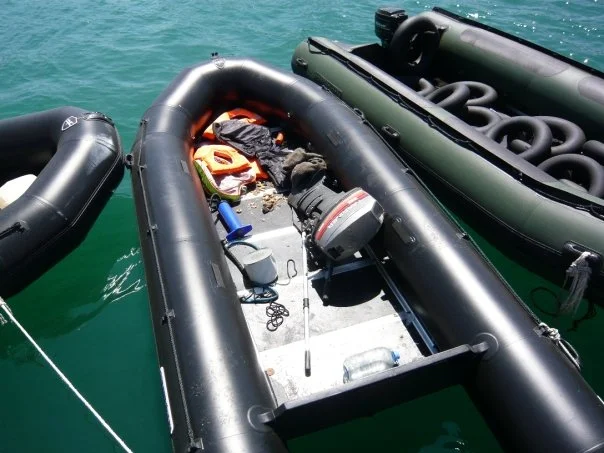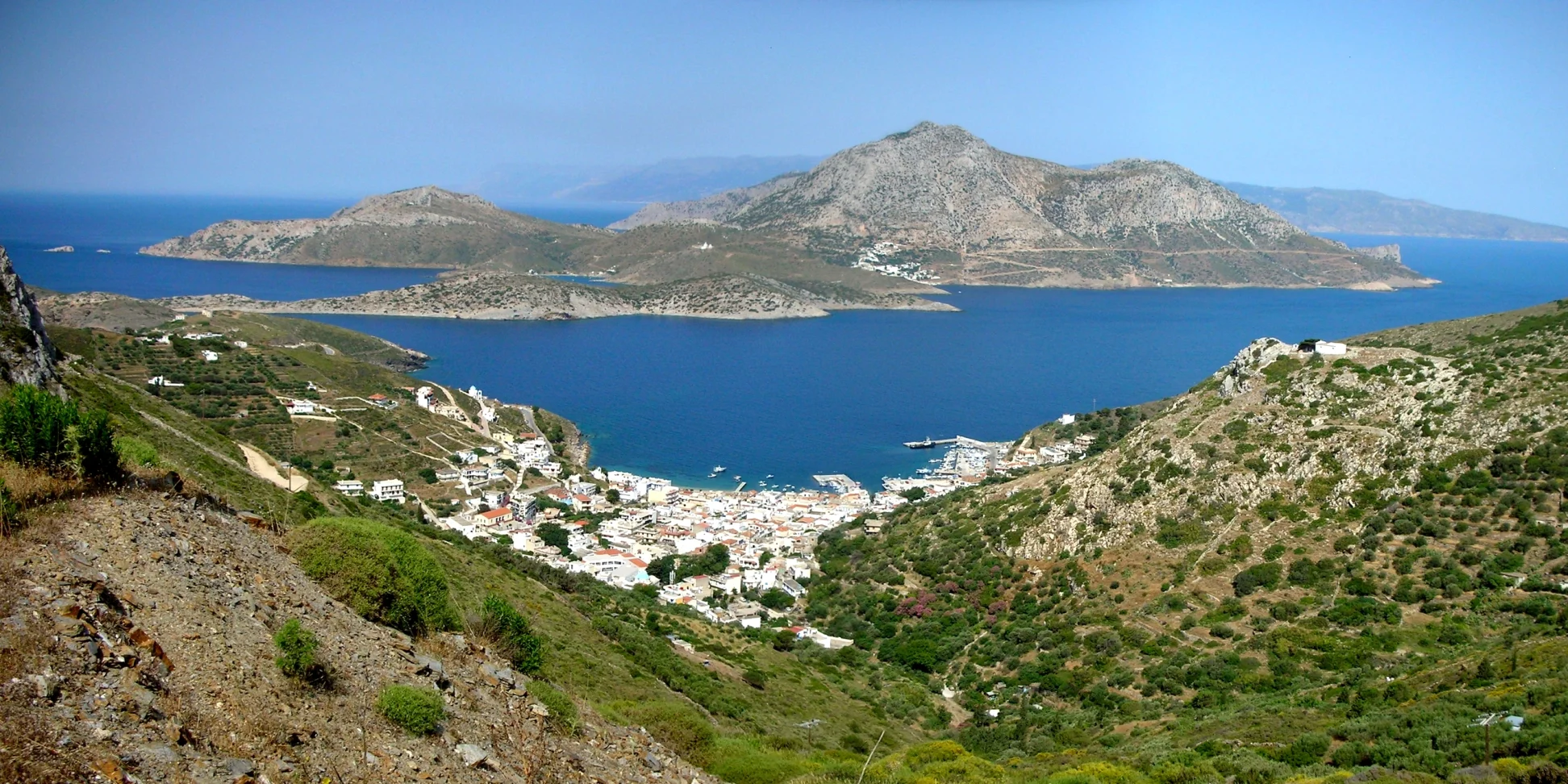This crash course introduces students to the basic debates surrounding the seas from a historical point of view. It encapsulates three approaches: 1) histories of capitalism and histories of science and technology studies, 2) the colonial encounter in the Mediterranean and 3) how space has come to shift and change as a result of man’s endeavour to tame the Seas in the anthropomorphic age. It surveys the major claims and originary tales that the conquerors of the seas have produced about themselves. Doing so allows for the problematization of the promise of Utopia at sea as an area free and accessible to all. It inverts this picture by looking at the Dystopian history of the seas as a space that was controlled by European colonialism and capitalism through colonial mercantile corporations. In so doing it also broaches socio-cultural histories of the seas that include the depiction and production of the ‘Other’ as a ‘pirate’, ‘barbar’ or ‘corsair’ that was to be chased in order to protect this ‘Utopia’. Lastly, it reflects on the meaning of a Utopia of the Seas by considering the present predicament that capitalism in the 20th century has produced in reordering space and the life of communities of fishermen and sailors in the face of containerization. It concludes by raising questions about the viability of a communitarian future centered around the seas away from corporations, imperialism and capitalism.
Read MorePublic pedagogy is the use of a public medium and/or space such as the Internet, films, television, magazines, beaches, schools to promote social change in diverse contexts of educational practice.
This course explores ocean campaigning that addresses and enacts public pedagogy through interactions of cultural interfaces such as humans, technologies, localities, and the sciences. Such campaigns are performed and embodied within networks of relations.
Read MoreMaps of all forms are artifacts through which much of the world is rendered visible. While maps may in fact be matter, their mass, texture, and form do
not constitute space in and of themselves. Yet in our experience of space, territory, and boundaries, maps are synonymous with visual representation, translation, and the performance of socio-political and spatial fabrics. Mapping Body, Mapping Sea undertakes the study—and making—of alternative cartographies of the body and of the sea. Through a series of five linked and iterative modules, students will produce body|sea mappings which provide critical alternatives to increasingly privatized and surveyed notions of public space.
These 5 modules seek to provide a manner of thinking with the sea. They proceed, via a series of intersecting problematics, to disturb and critically undo the historical and cultural frames of Occidental provenance and their manner of disciplining and defining the modern Mediterranean.
Read MoreΑ three-day working meeting concluded yesterday between the Archipelagos Institute of Marine Conservation and FLOATS (Floating Laboratory for Action and Theory at Sea). “Aegean Explorer” hosted the meeting in the eastern Aegean Sea.
Read MoreHow do we theorize and problematize our seas? How can we engage in and carry out meaningful research on our seas and oceans, these mass bodies of water through and within which resources, commerce, and people navigate?
Read MoreAlthough the blue continent sheaths our Earth, for the sciences that study culture and society it has been a scholarly no-man’s-land; a vast and void framing of terrestrial maps in the classroom. While the sea is essential to the emergence of world trade, colonialism, slavery, modernity, capitalism, and science, it is routinely compartmentalized under subtopics, such as trade, tourism, migration and security. The maritime world seems to fall between our epistemological cracks.
Read MoreIn this article, I focus attention on the sea as a space for today’s solidarity politics. Following the Ships to Gaza as they headed to breach the Israeli embargo of the seaside enclave, I explore the largely understudied relationship between the politics of solidarity and the materiality of the sea. I ask: What are the wider implications for politics and theory when the global solidarity movement turns to the sea to protest the occupation in Palestine and provide aid to the besieged population in Gaza? I suggest the term “terraqueous solidarities” to define grassroots political movements that take to the sea to practice solidarity with those resisting contemporary forms of colonial enclosure and state oppression. I argue that sea-based solidarity inadvertently crafts a novel space for solidarity politics. Within this space I identify the shore as the dynamic interface between forces of territorialization and practices of solidarity. Echoing Rancière, and looking at the shores of politics from the militarized coast off Gaza to the Greek ports from where the Ships sailed, I explore three iterations of the shore, in both material and metaphorical sense, which contribute in forging new relationships between the topoi of politics and the politics of utopia.
Read MoreTimothy Mitchell, Professor of Middle Eastern, South Asian and African Studies at University of Columbia, interviewed by FLOATS navigator Dr. Nikolas Kosmatopoulos (American University of Beirut).
Read MoreFlows
Lesvos, Greece
A conversation Bridget Anderson (Bristol University), Elisa Kim (Smith College), and Radhika Subramaniam (The New School)
Read MoreFOLDS
Lesvos, Greece
Conversation between Michael Dodson-Sifnaios (Architect & Artist, Lesvos), Grey Filastine (Artist & Musician, Barcelona), Miriam Ticktin (The New School), and Bridget Anderson (University of Bristol)
Read MoreREGION
Lesvos, Greece
Moderated by Sarah Green (University of Helsinki) with Heath Cabot & Salvatore Poier (University of Pittsburgh), and Daniela Melfa (University of Catania)
Read MoreTECHNOLOGIES
Lesvos, Greece
Moderated by Heath Cabot (University of Pittsburgh) with Miriam Ticktin (The New School), Elisa Kim (Smith College)
Read MoreCOMMONS
Lesvos, Greece
Moderated by Elisa Kim, Smith College with Nandita Sharma (University of Hawaii), and Abir Saksouk-Sasso (Dictaphone Beirut)
Read MoreLet all know how empty and worthless is the power of kings’…A Sea View - Bridget Anderson, University of Bristol. Dystopic Utopias and the Uchronian Dystopias Across the Seas: The Imagination of Futurism - Marwa Elshakry, Columbia University
Read MoreOne thing I have learned over my years of working on Mediterranean mobilities is that one cannot enter into a discussion on these issues and expect to remain uncontaminated; certainly not in a conference-like context, where debate and discussion not only have moments of magic but—we hope—also move into uncomfortable or critical terrains.
Read MoreThe Floating Laboratory Of Action and Theory at Sea that was launched in summer 2018 on the island of Lesvos, Northeastern Aegean, Greece posed this question among many others. The emergence of FLOATS during a period of growing interest among social scientists in ocean, seawater, flows, and tides called for an interdisciplinary approach and prompted us to reconsider common and (un)common topics from another perspective. As an anthropologist of kinship my perspective is often related to soil, blood, descent, alliance, siblinghood, family, household, spiritual affinity, exchanges of goods (bridewealth, dowry, inheritance), substances (milk, blood, sperm, oocyte womb), and names. How could sea encounters motivate an anthropologist with these interests to reconsider her perspective?
Read MoreConference held at Columbia University and The New School on November 29 & 30.
Read MoreSince 2011, the Forensic Oceanography project which I co-founded with Charles Heller has critically investigated the militarised border regime imposed by European states across the Mediterranean Sea, analysing the political, spatial and aesthetic conditions that have led to large-scale deaths of migrants over the last 30 years.
Read MoreIslands have long provided the setting for imagined utopias, as in Ibn Tufail’s 12th century tale Hayy ibn Yaqdhan and Thomas More’s Utopia of 1516. But the island of Lesvos could be described neither as a “utopia”, from the Greek “no” and “place” nor a “eutopia”, from the Greek “good” and “place”.
Read More